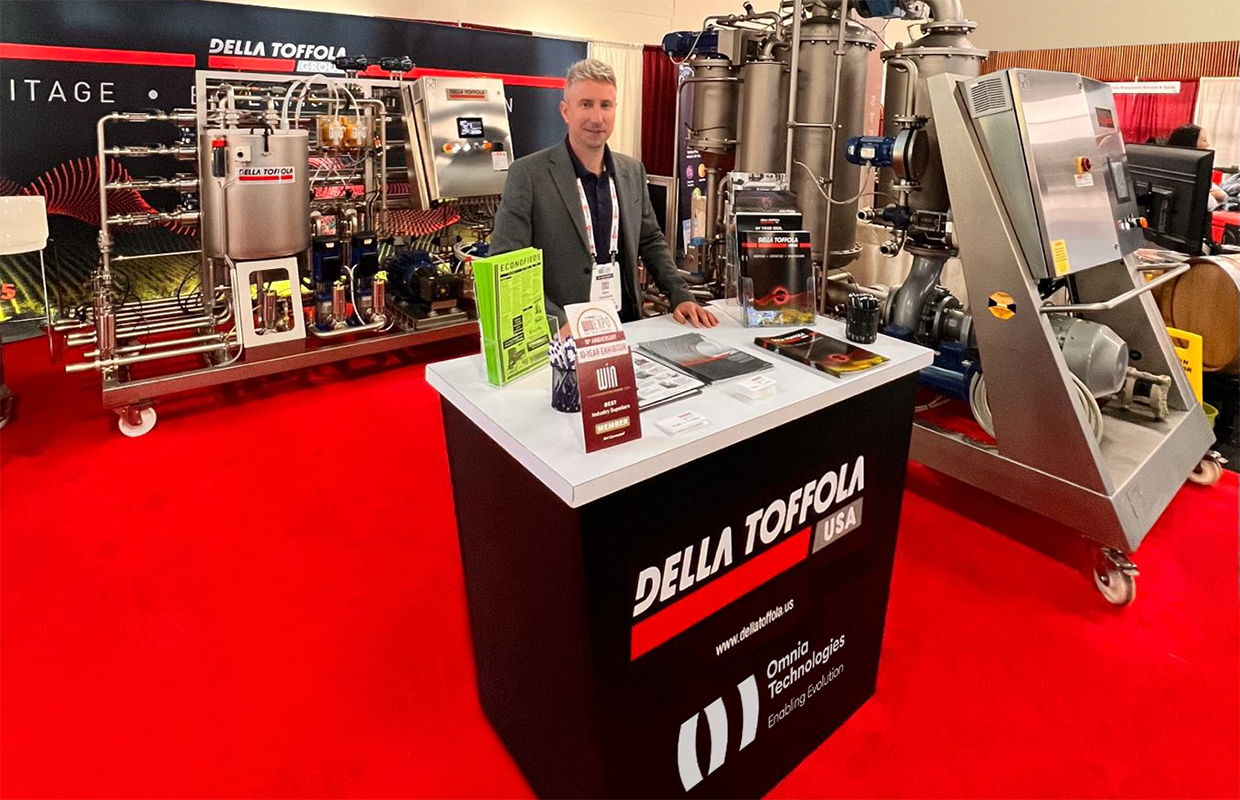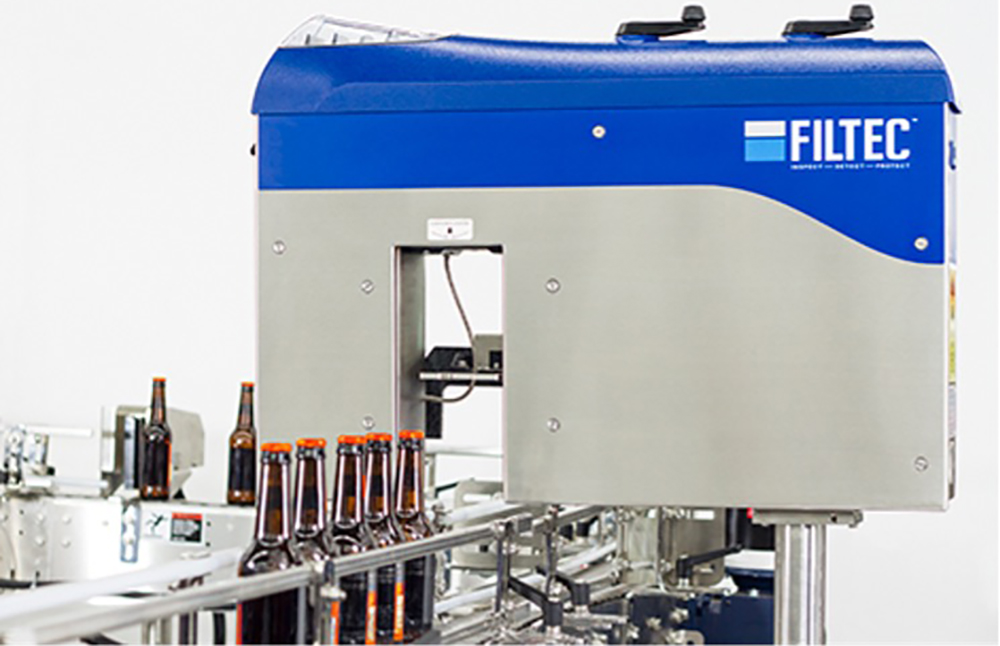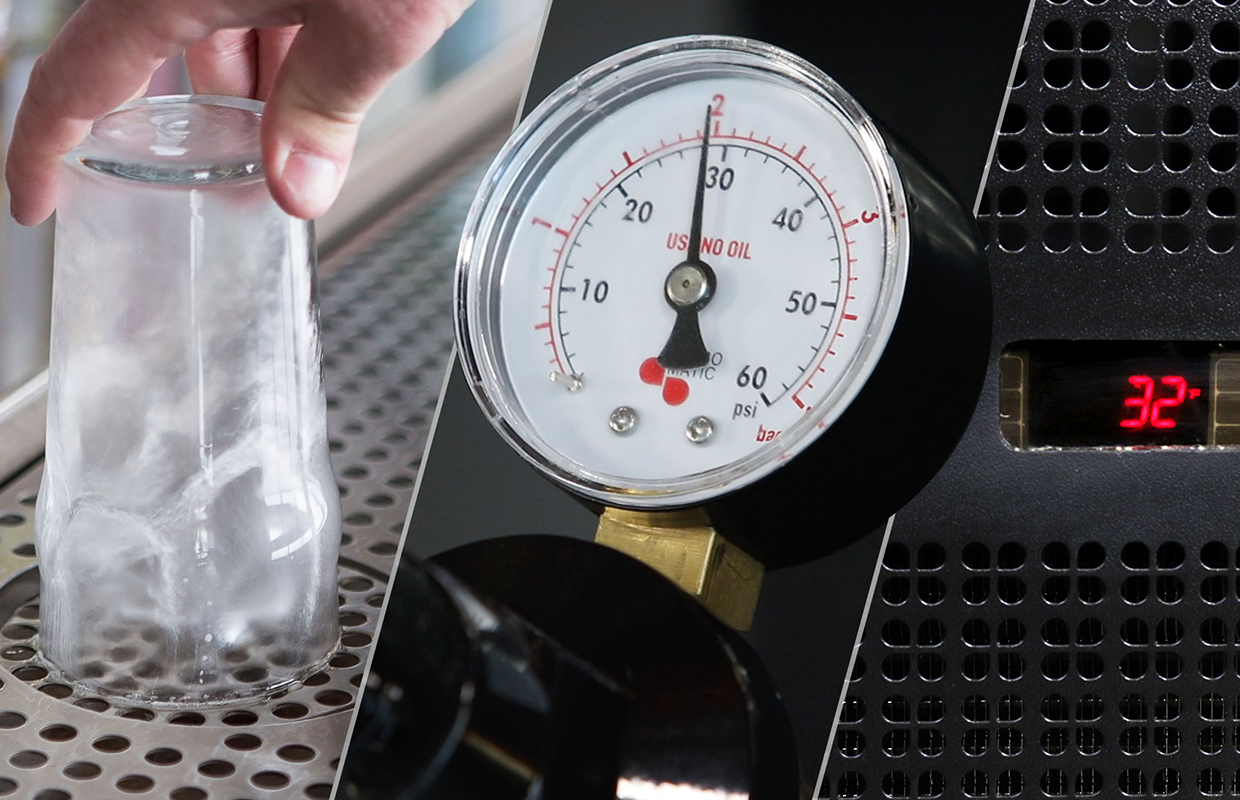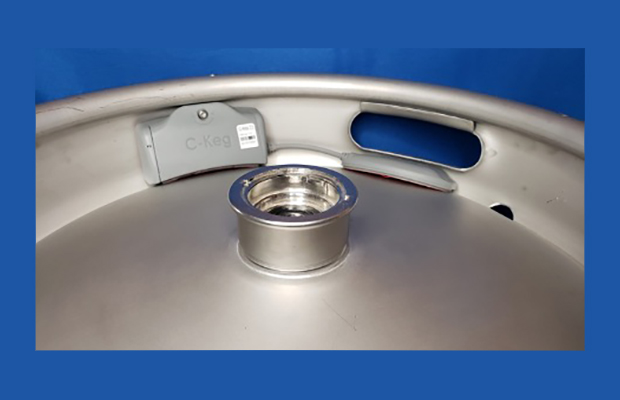
Beer filtration has always been a complex task to achieve in any brewery. But, the latest invention in technology has made beer production not only achievable but also convenient. Talking to Ken Kosmicki of Omnia Della Toffola, we explore the latest technology and how they are helping breweries make better beer and have great ROI.
Ken, could you provide a brief introduction to your company?
Omnia Della Toffola is a group of companies dedicated to designing and manufacturing cost-effective, environmentally sustainable, and innovative solutions for the wine, beer, and beverage industry.
Can you tell us about the latest brewing technologies?
Over the past 60 years, Omnia Della Toffola has been at the forefront of innovation, developing many solutions for beer producers. Our latest brewing technology, called crossflow filtration, is the game changer. Crossflow filtration brings new-generation innovation to old-generation breweries by enabling full automation and, most importantly, no changes in beer quality, leaving it as intended by the brewers.
How were companies brewing beer before?
Usually, brewers use filtration and clarification methods to make beer. The traditional filtration methods that breweries use are around DE, plate & frame sheet filters, and lenticular or cartridge filters. Other traditional clarification methods include fining and centrifuge.
What are some of the issues with traditional brewing technology?
Traditional brewing methods need not only the purchase of consumable products but also multiple filtration cycles to obtain a sterile and stable product, resulting in additional costs and manual labor. Also, with traditional brewing methods, dissolved oxygen pickup is typical. It is one of the worst enemies of beer as it greatly affects its good quality.
What value does crossflow beer filtration offer to brewers?
Crossflow filtration technologies, like Omnia Della Toffola’s, are fully automatic and come with a completely automated CIP process. Brewers can filter directly from the fermenter to the bright beer tank, which results in an immediate, sterile, stable beer that can be sold immediately. With this technology, no pasteurization, settling time, or multiple-pass filtration cycles is needed for a stable product. Brewers can also enjoy efficient ROI, resulting from less manual labor and a cost cut, as they no longer need to purchase consumable products. Since filtration happens directly from the fermentation tank, they also report increased yield, equaling more sellable beer.
Do you have an example from a brewer demonstrating the value of your crossflow beer filtration?
All the small and big breweries using our technology state that crossflow filtration has immensely benefited them in multiple ways. Our customers enjoy minimal waste and time spent on production, resulting in extra time to focus on running the process and product commercialization. They also reported an average of $20k monthly savings from production while benefiting from a considerable increase in product recovery and more pitch-perfect beer to sell. In short, with the crossflow filtration technology, brewers can now reduce costs and decrease waste while creating more great beer.
For most brewers, the taste is of utmost importance; what can the crossflow filtration technology do for them?
Brewers can confidently use crossflow beer filtration, knowing at no point will the beer’s taste, color, or foam character be changed. The beer will come out as originally intended. The filter and membranes are designed not to alter the flavor, aroma, or mouthfeel. Most importantly, the beer is filtered in a fully isobaric internal environment, ensuring little to no dissolved oxygen (DO) pickup.
Are there any other benefits to the crossflow beer filtration technology?
When it comes to protecting the environment, I believe everyone needs to do their part. For example, with the Omnia Della Toffola filtration solutions, brewers can reduce waste from day one. We guard the environment using no consumable filters, thus minimizing filter disposal. So, if a company is environmentally conscious and wants to offer its staff a cleaner and safer working environment while maximizing its investment, it’s easy math. They just need to try our crossflow filtration technology.
What advice can you give to brewers?/Any last remarks?
The crossflow technology is the future of beer filtration, and yet the brewery industry is late to the party. Many wine, cider, juice, and dairy companies have already strongly benefited from its adoption, and we expect breweries to make the most of this technology soon.
It is no secret that brewers are not short of options on clarification and filtration equipment; however, it’s pivotal for them to carefully evaluate what is important for their business model before buying. And only a few companies, like Omnia Della Toffola, can prove to have the most quality and effective equipment in the market.
About Omnia Della Toffola: The Omnia Della Toffola is a world leader in designing and manufacturing technologically advanced solutions for the entire production process in the wine, beverage, brewing, dairy, water treatment, chemical, and pharmaceutical industries.






Be the first to comment